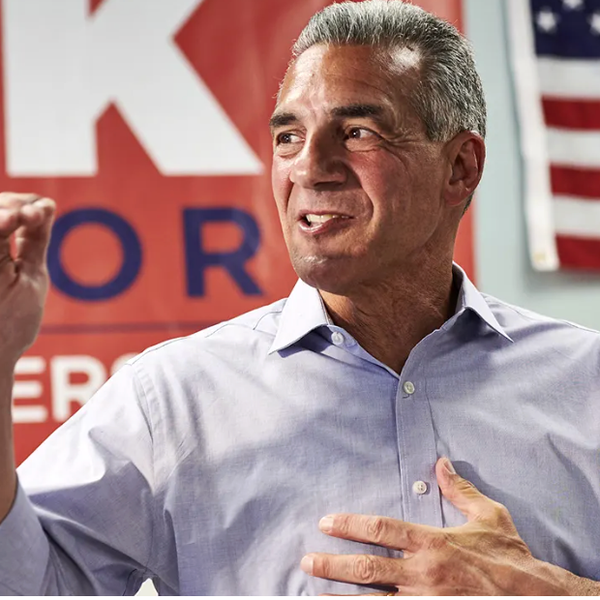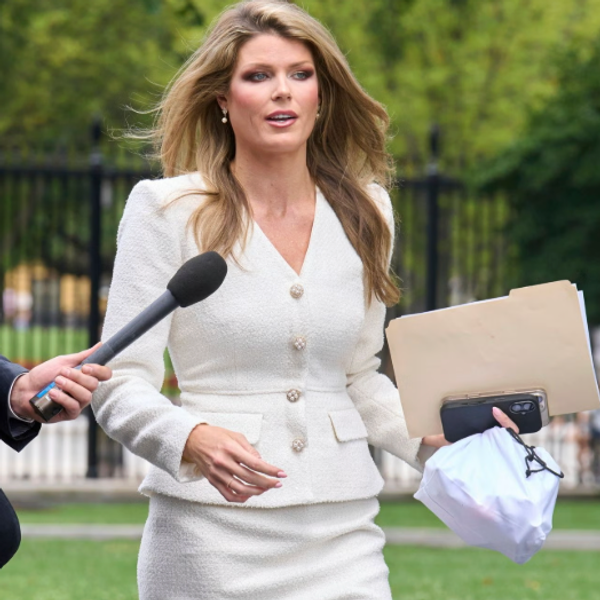
WASHINGTON — Briefly, there seemed a chance we might have a cross-party discussion of the biggest economic problem the country faces: the vexing intersection of wage stagnation, declining social mobility and rising inequality.
Even the most conservative Republicans were starting to talk about this challenge in rather urgent terms. In a moment whose irony he noted, Senator Ted Cruz (R-TX) told a bunch of rich Republicans gathered by the Brothers Koch earlier this year that those doing well in America were “the top 1 percent, the millionaires and billionaires the president loves to demagogue, one or two of whom are here with us tonight” while the “people who have been hammered for the last six years are working men and women.”
And on it went through the country’s top Republicans. Senator Marco Rubio (R-FL) stressed “opportunity inequality” and Mitt Romney, in another ironic turn, charged that “under President Obama, the rich have gotten richer.”
It would be wonderful if conservatives really wanted to deal constructively with the predicament they so passionately describe. But thanks to the House and Senate GOP budgets, we now know that conservatives and Republicans (1) aren’t serious about the plight of working class and lower-income Americans, and (2) would actually make their situations much worse.
Their spending plans fail even on conservative terms: They are not fiscally responsible. Instead, they rely on all sorts of magic tricks that shove choices and problems down the road.
One heartening sign is that at least some conservatives find these budgets ridiculous. For example, James Pethokoukis of the American Enterprise Institute headlined his commentary for The Week: “The disappointing unseriousness of the House GOP’s budget.”
Pethokoukis wrote: “House Republicans say they want to balance the federal budget and eventually eliminate the federal debt. They do not have a plan to do so. Oh, to be sure, they have a plan! Just not a realistic one that will actually accomplish their goals.”
He noted that of the $5.5 trillion in cuts from planned spending, $2 trillion would come from “repealing the Obamacare insurance subsidies and Medicaid expansion and replacing them with … well, nothing right now.”
The wholesale assault on efforts to provide lower-income Americans with health insurance is the clearest sign that Republicans don’t want to deal with inequality. The inability to get health insurance is one of the biggest burdens on low-income families, particularly those working for low wages and few or no benefits.
Obamacare has helped 16.4 million Americans get health insurance. Where would they turn? And Republicans would compound the damage: The Senate proposes cutting an additional $400 billion from Medicaid over a decade, the House more than double that. Robert Greenstein of the Center on Budget and Policy Priorities notes that on other low-income programs, the Senate budget cuts even more than the House. The vagueness of these plans makes it hard to tally how much damage would be done to food stamps, Pell Grants for low-income college students and the like, but Greenstein estimates that about two-thirds of the cuts in both plans come “from programs for the less fortunate, thereby exacerbating poverty and inequality.”
Greenstein concludes that under such proposals — here’s hoping President Obama is relentless in blocking them — “ours would be a coarser and less humane nation with higher levels of poverty and inequality, less opportunity,” and an “inadequately prepared” workforce.
Another bit of hypocrisy: These budget writers care so much about national security that they’re not willing to raise a dime in taxes to cover their sharp increases in defense spending. Senator Bernie Sanders, the Vermont independent, called out his conservative colleagues for how differently they treat defense and social spending.
“You’re always telling us the deficit is so bad we’ve got to cut programs for the elderly, for the sick and for the poor,” Sanders said, “and suddenly, all of that rhetoric disappears.”
Budgets are, by their nature, boring. That’s why those who assemble these long columns of numbers figure they can assail the well-being of the least privileged people in our society even as they profess to care about them so much.
I’d respect these folks a lot more if they said what they clearly believe: They think more inequality would be good for us. It almost makes you nostalgic for the candor of the Romney who spoke about the “47 percent” and the Paul Ryan who once divided us between “makers” and “takers.” Honesty beats saccharine words about the struggles of working people any day.
E.J. Dionne’s email address is ejdionne@washpost.com. Twitter: @EJDionne.
Photo: Speaker of the House John Boehner speaks during a press conference on Capitol Hill in Washington, DC on July 17, 2014. (AFP Photo/Jim Watson)








